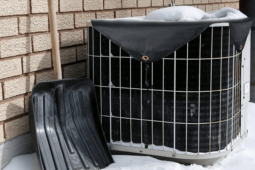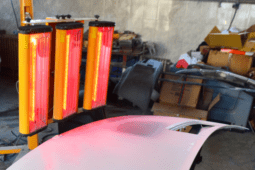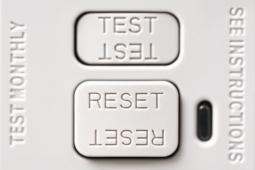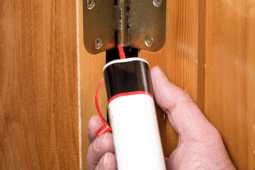5 Electrical Mistakes Homeowners Make and How to Avoid Them
Electrical systems are a vital part of any home, providing the power needed for lighting, appliances, and modern conveniences. However, improper handling of electrical work can lead to serious issues, from increased energy costs to safety hazards. Many homeowners, in an effort to save time or money, make common electrical mistakes that can result in costly repairs or dangerous situations.
In this article, we’ll discuss five common electrical mistakes homeowners make, explain why they are problematic, and offer practical solutions to help you avoid them. By understanding these errors, you can ensure your home’s electrical system is safe, efficient, and up to code.
Overloading Circuits
Overloading a circuit is one of the most common mistakes homeowners make, often by plugging too many devices into a single outlet or using high-wattage appliances on circuits not designed to handle them. This can cause the circuit breaker to trip frequently and, in severe cases, lead to overheating or electrical fires.
To avoid this, ensure you understand the capacity of your home’s circuits and distribute appliances and devices across different outlets. For heavy-duty appliances like microwaves or air conditioners, consider installing dedicated circuits. If your breaker trips often, it may be a sign that your electrical system needs an upgrade.
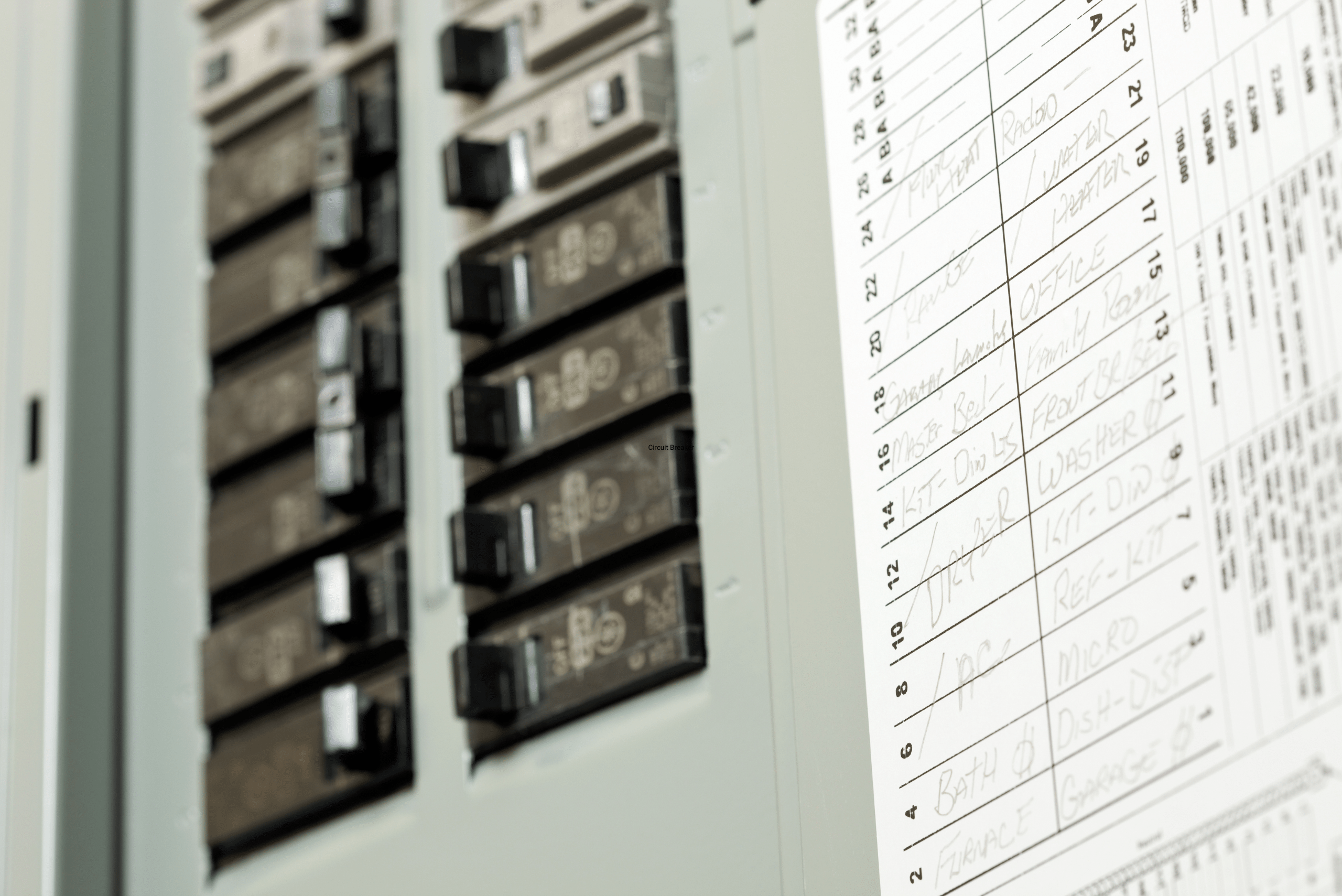
DIY Electrical Repairs Without Proper Knowledge
Many homeowners attempt DIY electrical repairs without fully understanding the complexities involved. Tasks like installing new outlets, replacing fixtures, or running new wiring can seem straightforward but often require detailed knowledge of electrical systems and local building codes. Improper repairs can lead to electrocution, fire hazards, or equipment failure.
For any electrical work beyond basic tasks, it’s best to hire a licensed electrician. Professionals have the expertise and tools to ensure the job is done safely and correctly. If you decide to tackle a project yourself, thoroughly research the process and prioritize safety by turning off the power and using proper equipment.
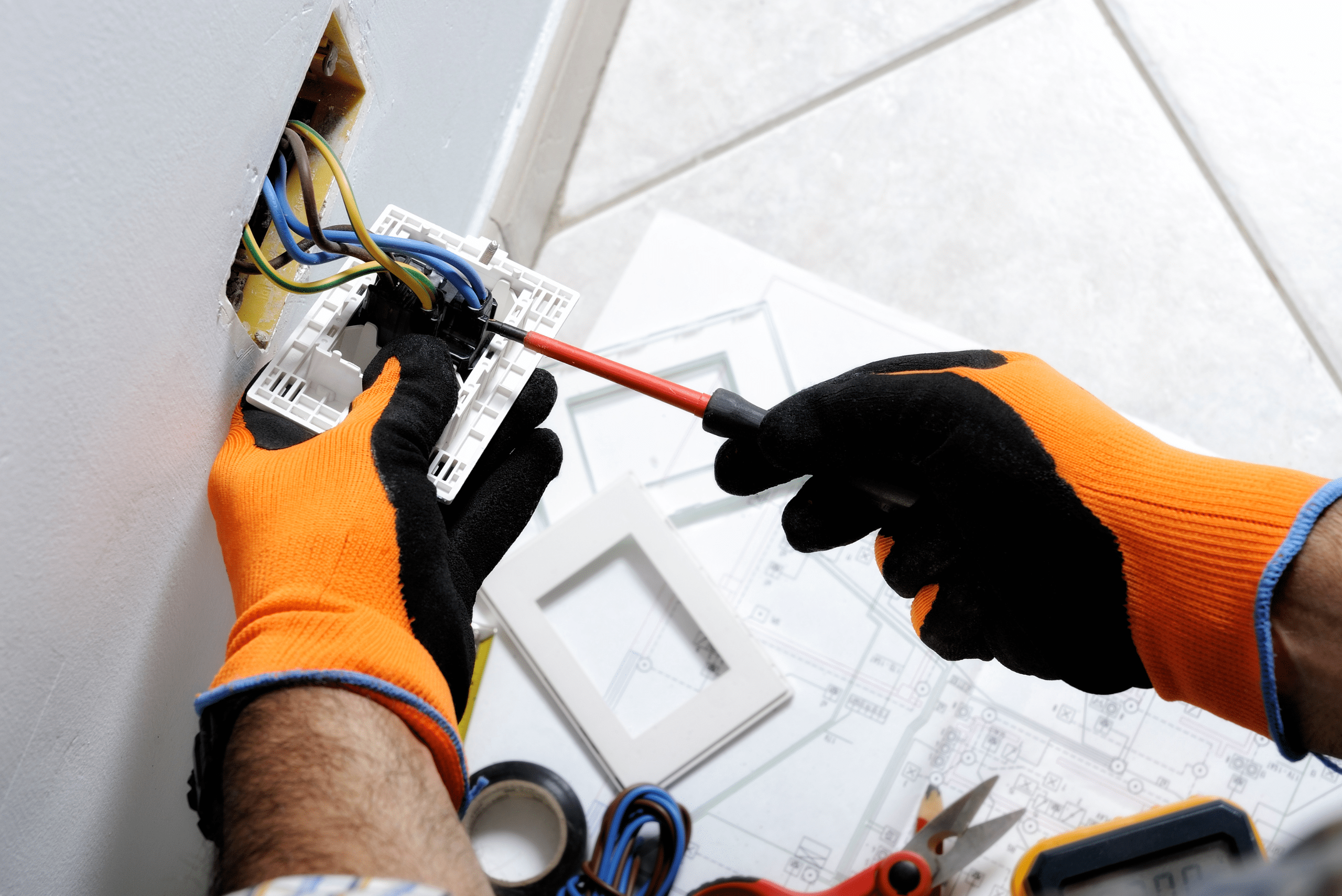
Ignoring Ground Fault Circuit Interrupters (GFCIs)
Ground Fault Circuit Interrupters (GFCIs) are critical safety devices that protect against electric shock by shutting off power when they detect imbalances in the current. Many homeowners either overlook the need for GFCIs in specific areas, such as kitchens, bathrooms, and outdoor outlets, or fail to test and maintain them regularly.
To ensure your home is safe, install GFCIs in all locations required by the code, particularly where water and electricity are in close proximity. Test your GFCIs monthly by pressing the test and reset buttons to confirm they’re functioning correctly. If a GFCI isn’t working, replace it immediately to maintain a safe electrical system.
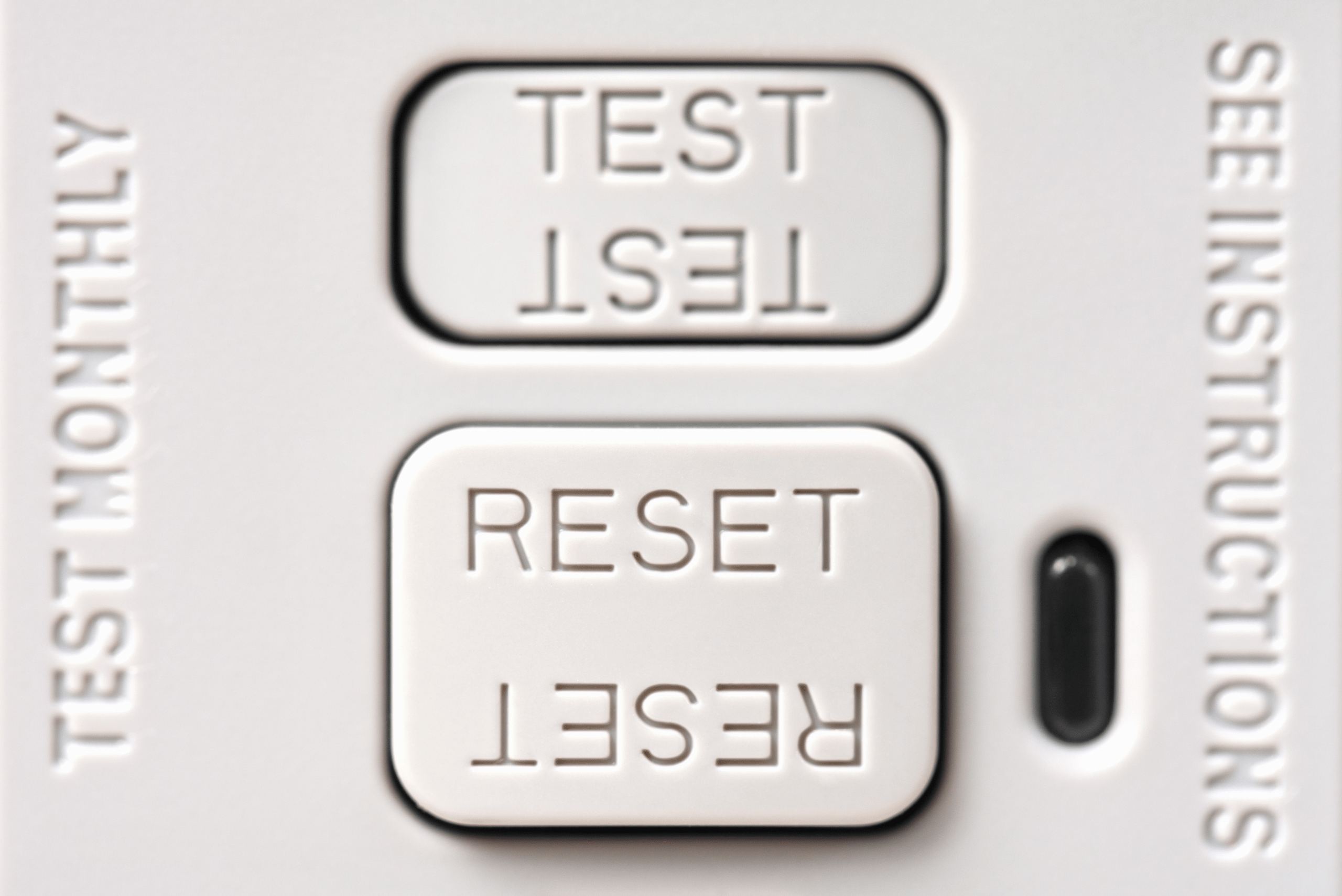
Using Incorrect Light Bulbs
Using light bulbs with a higher wattage than a fixture is rated for is a simple but dangerous mistake. This can cause the fixture to overheat, leading to melted wiring, damage to the socket, or even fires. Similarly, using the wrong type of bulb, such as non-dimmable bulbs in dimmer fixtures, can reduce bulb lifespan and damage the fixture.
Always check the maximum wattage listed on your light fixtures and select bulbs that match or fall below this rating. When replacing bulbs, consider energy-efficient LED options, which produce less heat and last longer than traditional incandescent bulbs.
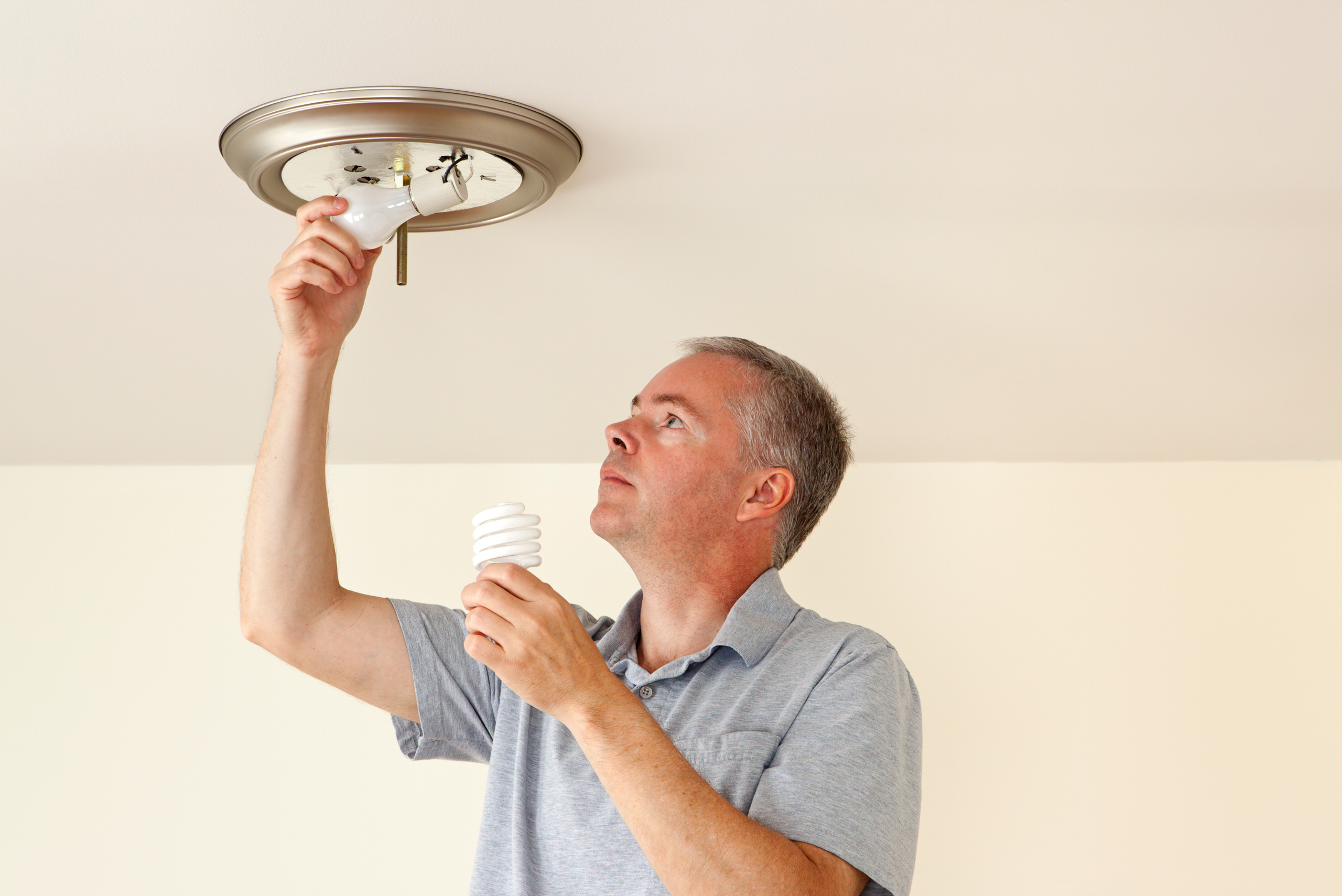
Neglecting Regular Electrical Inspections
Many homeowners neglect to schedule regular electrical inspections, especially in older homes. This oversight can lead to undetected issues such as outdated wiring, overloaded panels, or damaged outlets. Left unaddressed, these problems can increase the risk of electrical failures and fires.
To avoid this, have your home’s electrical system inspected by a professional every few years, particularly if your home is over 20 years old. During an inspection, an electrician can identify potential hazards, recommend necessary upgrades, and ensure your system complies with current codes. Regular maintenance can prevent small issues from becoming major problems.
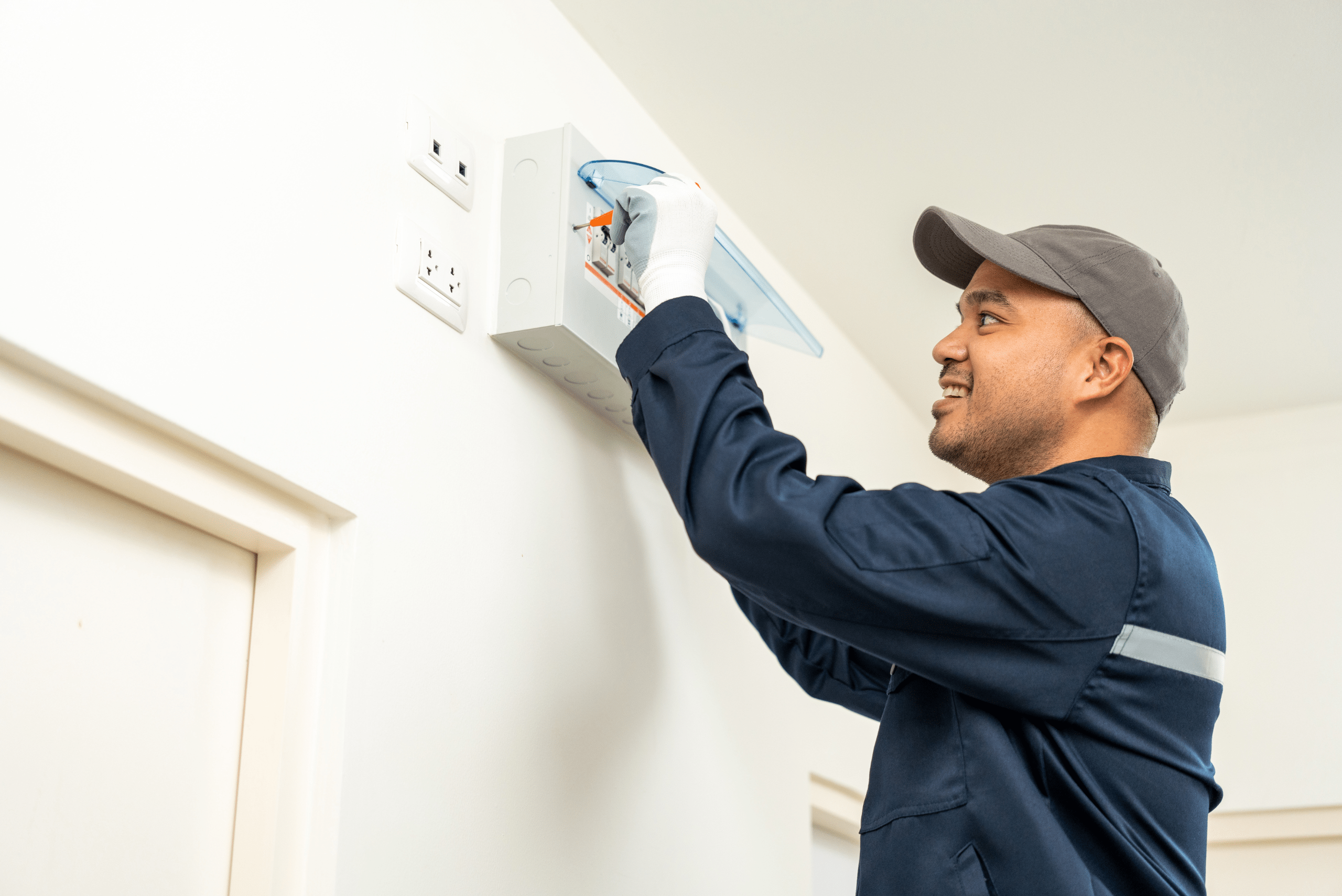
Related Articles
- Quick Guide to GFCI Outlet Wiring for Safe and Reliable DIY Installation
- How to Use a Voltage Tester for Safe Electrical Work
- Are You Missing This Simple Trick to Installing Sconce Lights Yourself?
Understanding and avoiding these common electrical mistakes can help keep your home safe and efficient. By addressing issues like overloaded circuits, improper repairs, and neglected inspections, you can reduce the risk of electrical hazards and extend the lifespan of your system. When in doubt, don’t hesitate to consult a licensed electrician for guidance. Taking the time to ensure your electrical system is in good shape will provide peace of mind and a safer environment for your family. Stay proactive, and your home will remain powered safely for years to come.
Ready to start your next project? Join our DIY community to receive tool tips, how-to guides, and exclusive creative insights. Subscribe to the ManMadeDIY newsletter now! Click here to unlock a world of hands-on inspiration.

